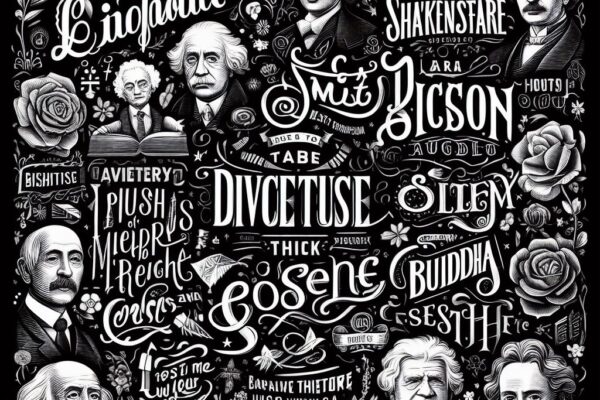Have you ever vividly recalled a specific event or detail, only to discover it never happened? The Mandela Effect is a phenomenon that has captured the public’s attention due to this unsettling experience of misremembering something that a surprising number of people shared.
What is the Mandela Effect?
The Mandela effect refers to a shared false memory of a specific event or detail. It’s named after the prominent case of Nelson Mandela, who many people misremember as dying in prison in the 1980s, despite his actual death in 2013. This phenomenon extends beyond Nelson Mandela, encompassing various other false memories shared across individuals.
Mandela Effect Origins:
The year is 2009. Fiona Broome, a self-described paranormal researcher, attends a conference where she discovers a startling shared memory. Many attendees, including herself, believe Nelson Mandela died in prison during the 1980s. This shared misremembering led Broome to create a website dedicated to the phenomenon, initially calling it “False Memory Syndrome.” Later, she coined the term “Mandela Effect” in honor of the widespread false memory surrounding Mandela’s death.
Exploring Examples of Mandela Effect:
Beyond the Nelson Mandela example, several other widely reported Mandela effects include:
- The Monopoly Man’s Monocle: Many misremember the Monopoly mascot, Mr. Monopoly, wearing a monocle, even though he never has.
- The “Luke, I am your father” quote: In the Star Wars movie “The Empire Strikes Back,” Darth Vader’s iconic line is often misremembered as “Luke, I am your father,” despite the absence of the word “I” in the actual quote.
- The Froot Loops logo: Some individuals recall the cereal brand spelled as “Fruit Loops,” even though it has always been “Froot Loops.”
Significance of Mandela Effect:
The Mandela effect is a captivating phenomenon that raises intriguing questions about the nature of memory and its susceptibility to influence. It highlights the fallibility of human memory and demonstrates how easily shared narratives can shape our perception of reality. While the exact cause of the Mandela effect remains under debate, its existence encourages us to be more mindful of our memories and the information we consume.
Moving Forward:
The Mandela effect continues to be a source of fascination and debate. While definitive answers remain elusive, ongoing research and exploration of this phenomenon may shed light on the workings of human memory and the intricate interaction between individual and collective experience. As we delve deeper into this intriguing phenomenon, we gain a greater understanding of ourselves and the way our memories shape our perception of the world.
Conclusion:
The Mandela effect serves as a powerful reminder of the limitations and complexities of human memory. It encourages us to approach our memories with a critical lens, recognizing the possibility of inaccuracies and acknowledging the influence of social and cultural factors. By understanding the Mandela effect, we gain valuable insights into the fascinating and intricate workings of our minds and the ways in which we construct and share our collective narratives.






